Find Help
More Items From Ergsy search
-
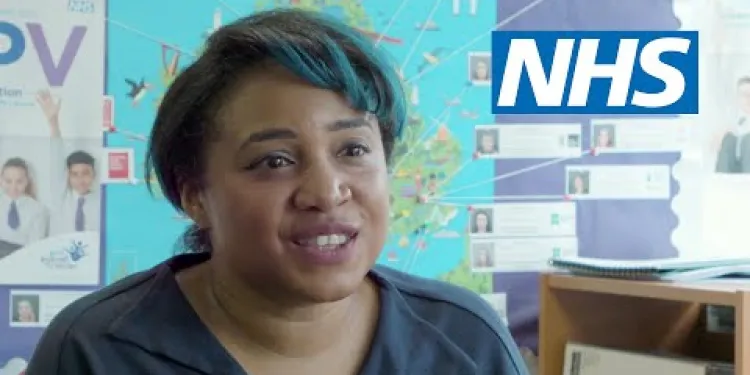
What is the year 8 HPV vaccine? | NHS
Relevance: 100%
-
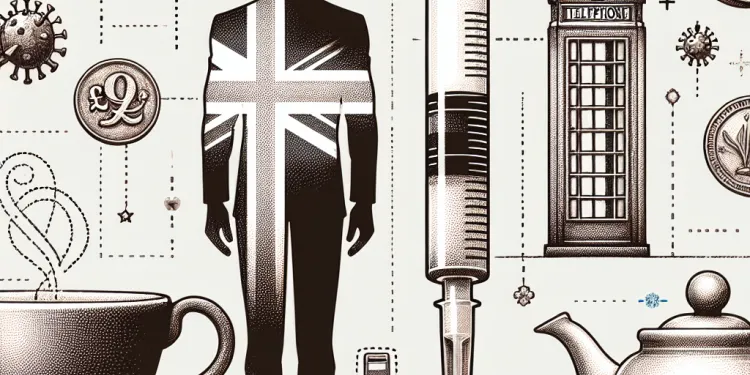
Do men need the HPV vaccine?
Relevance: 77%
-
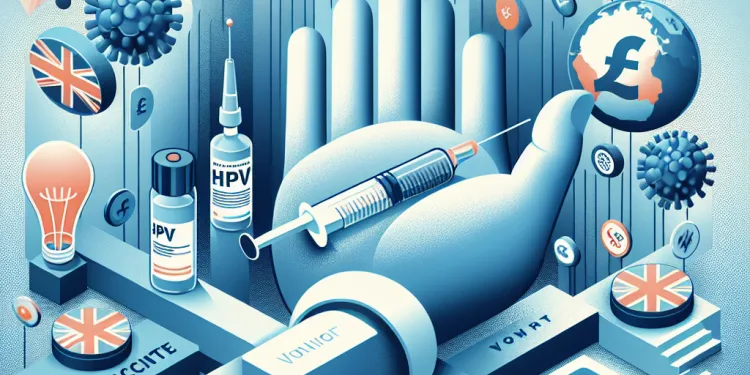
Who should get the HPV vaccine?
Relevance: 76%
-
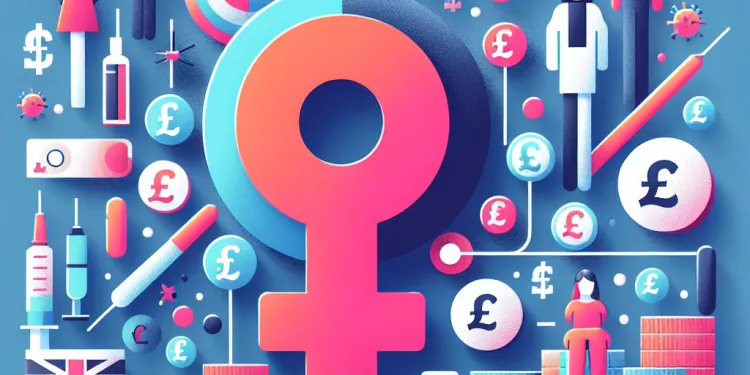
Surge in HPV Vaccination Rates Among Young Women in the UK
Relevance: 73%
-
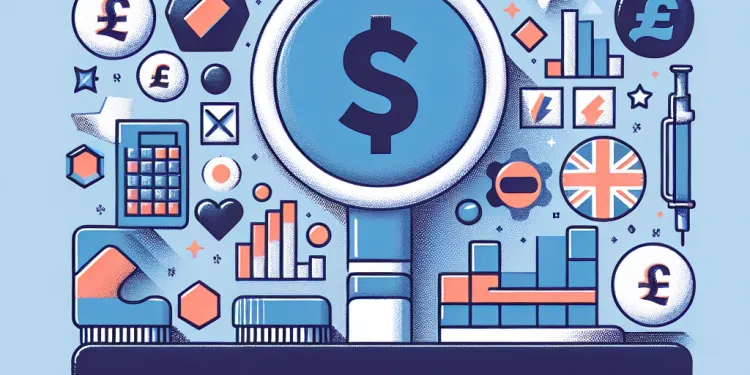
Can HPV be treated?
Relevance: 64%
-
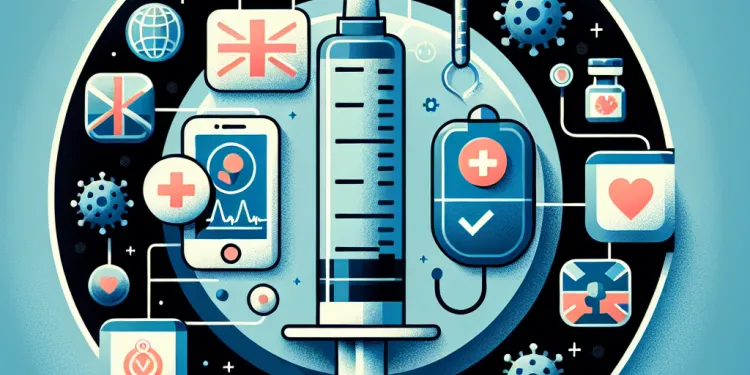
Is there a vaccine for HPV?
Relevance: 63%
-
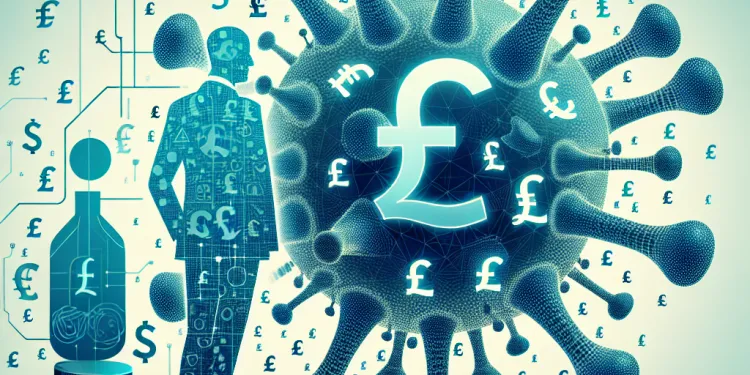
What is the HPV Virus?
Relevance: 63%
-
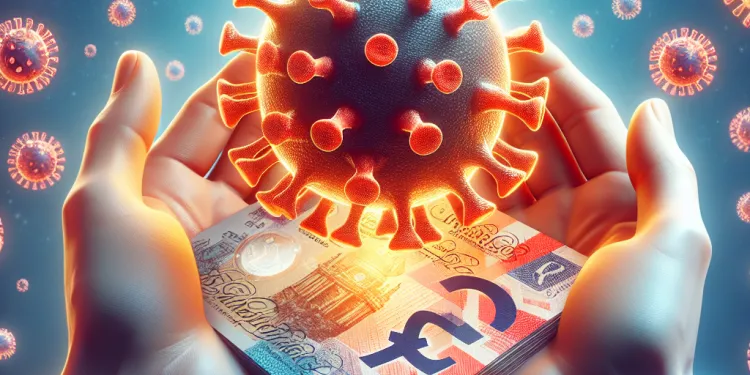
Can HPV lead to cancer?
Relevance: 62%
-
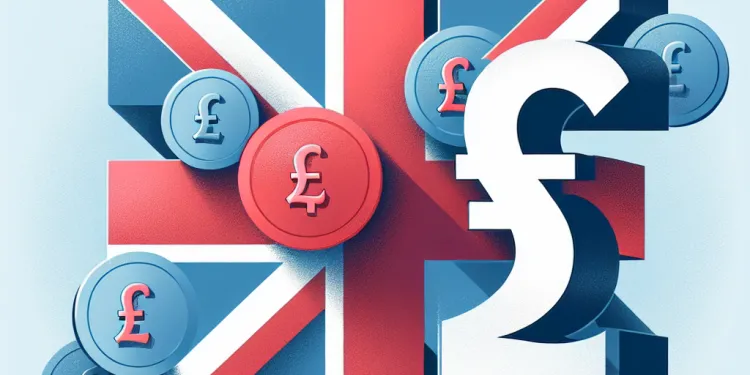
How common is HPV?
Relevance: 61%
-
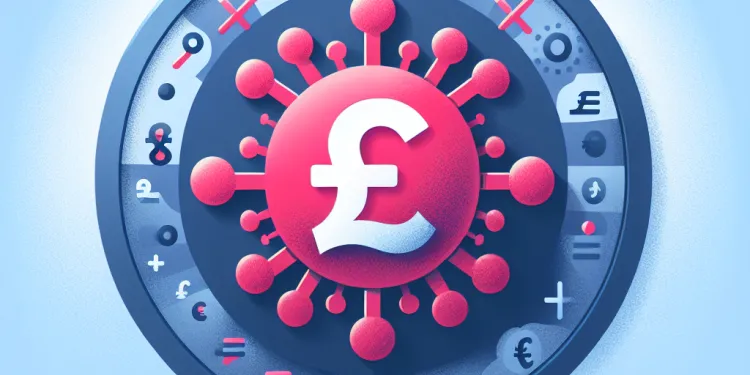
How can HPV be prevented?
Relevance: 61%
-
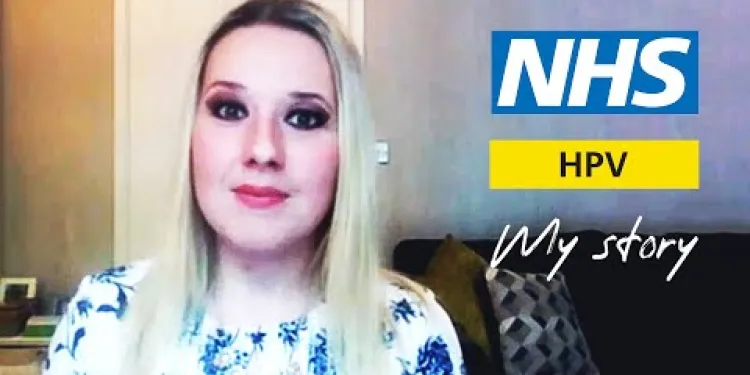
HPV - My Story | NHS
Relevance: 61%
-
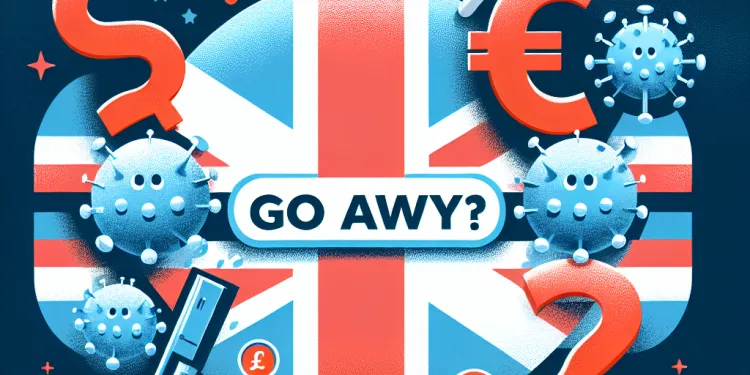
Can HPV go away on its own?
Relevance: 60%
-
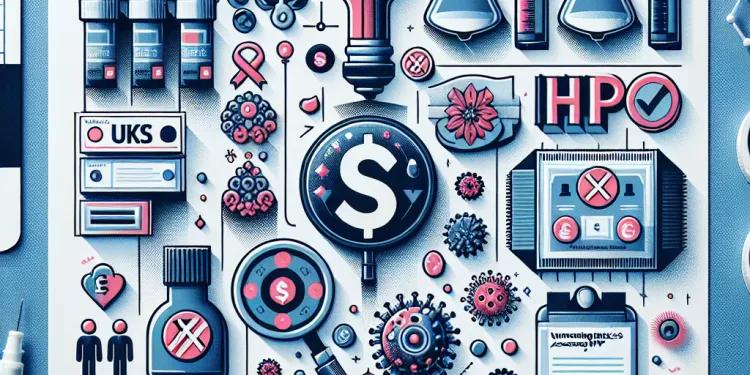
What age group is most at risk for HPV?
Relevance: 60%
-
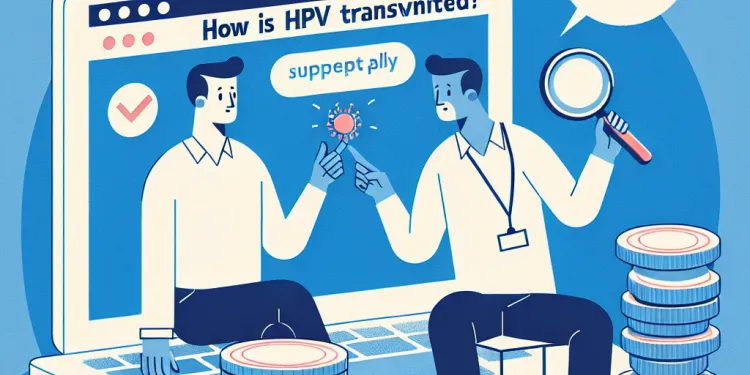
How is HPV transmitted?
Relevance: 60%
-
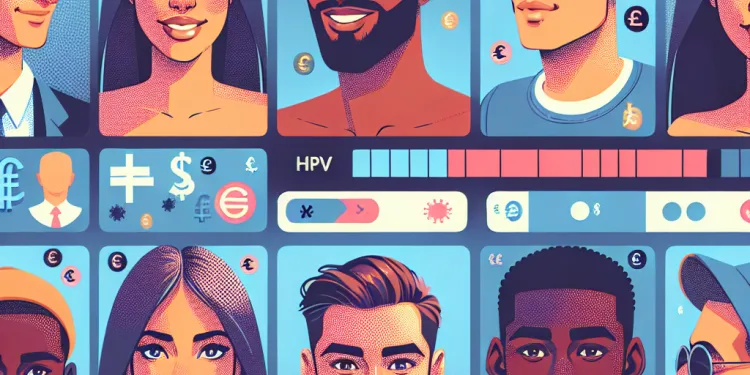
Can HPV affect both men and women?
Relevance: 58%
-
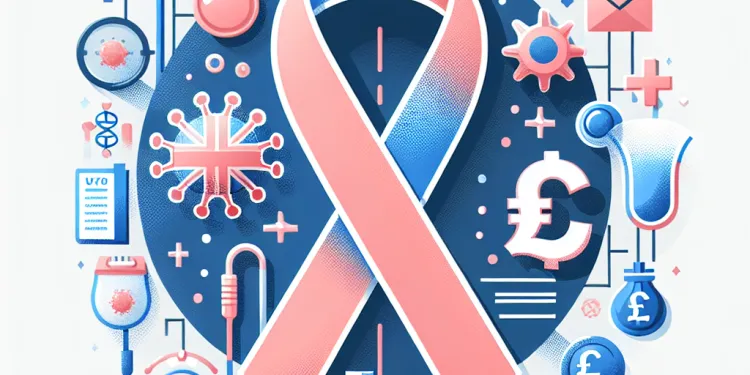
What is the link between HPV and cervical cancer?
Relevance: 56%
-
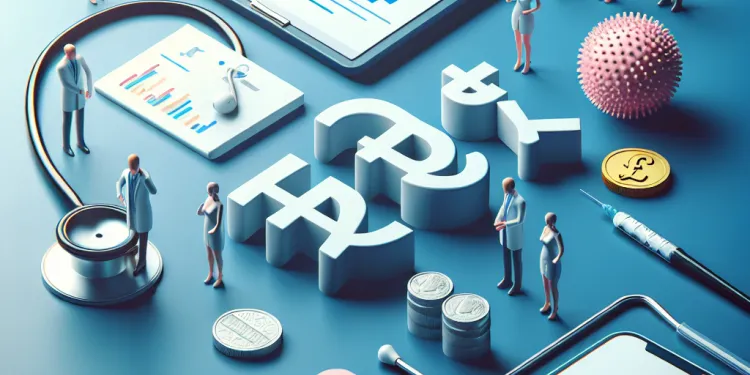
What health problems can HPV cause?
Relevance: 54%
-
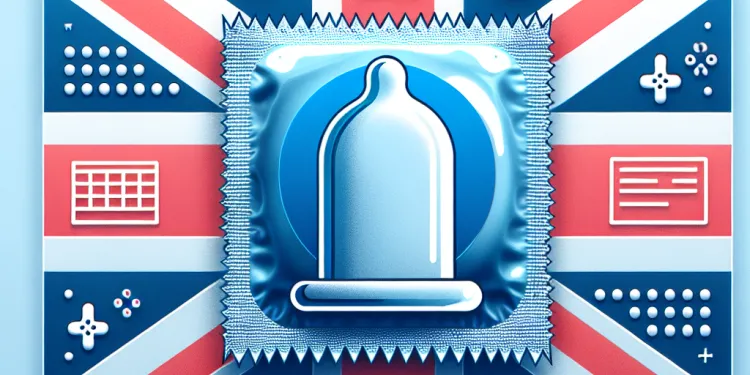
Can using condoms fully protect against HPV?
Relevance: 52%
-
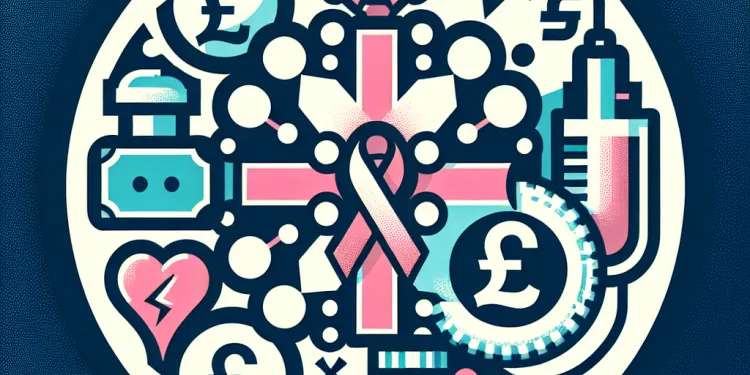
Are there symptoms of an HPV infection?
Relevance: 52%
-
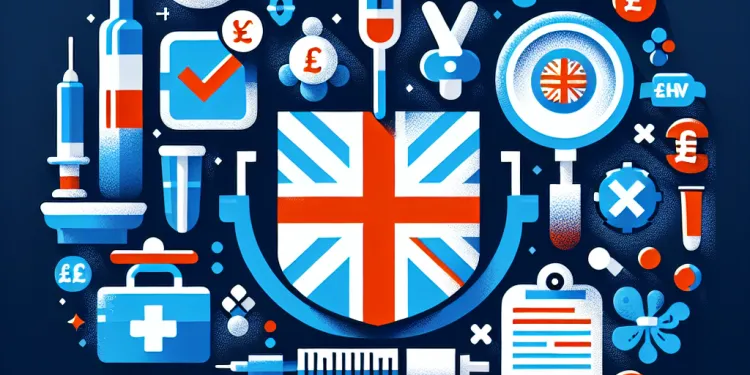
Is HPV testing available?
Relevance: 50%
-
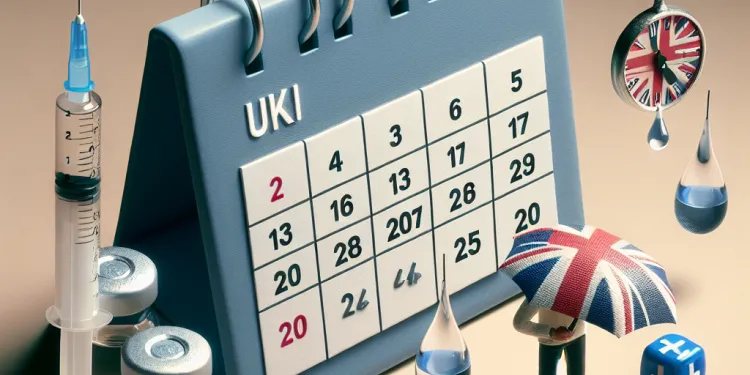
If I had the flu vaccine last year, do I need to get it again this year?
Relevance: 47%
-
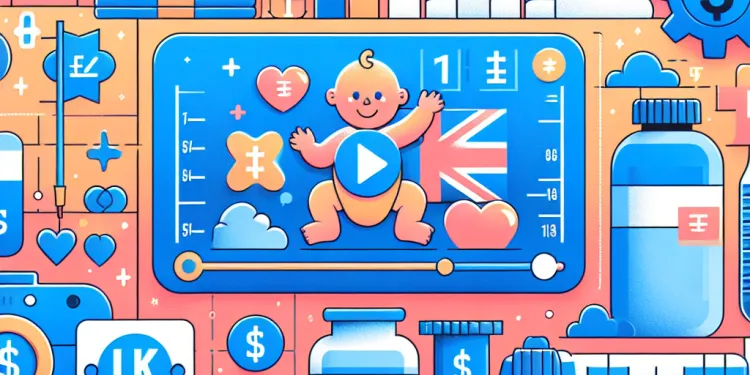
Children's Vaccination Schedule
Relevance: 46%
-

What is a subunit vaccine?
Relevance: 41%
-
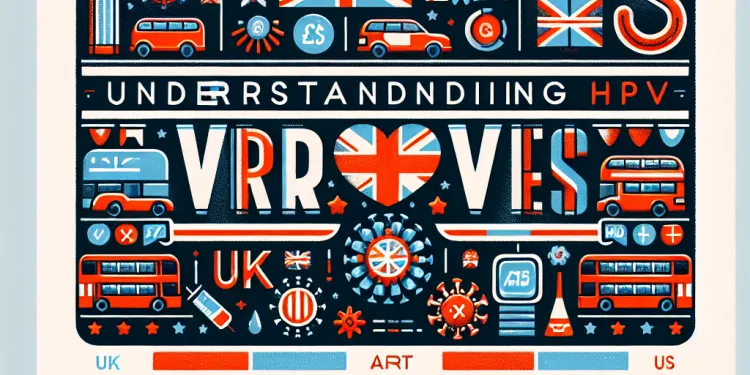
How many types of HPV are there?
Relevance: 40%
-
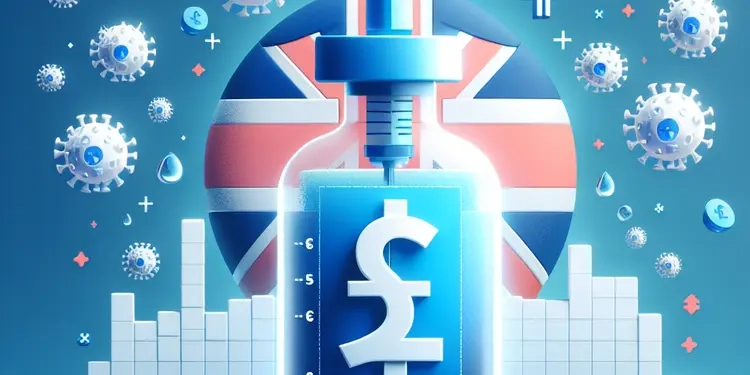
Is there a vaccine for H3N2?
Relevance: 39%
-
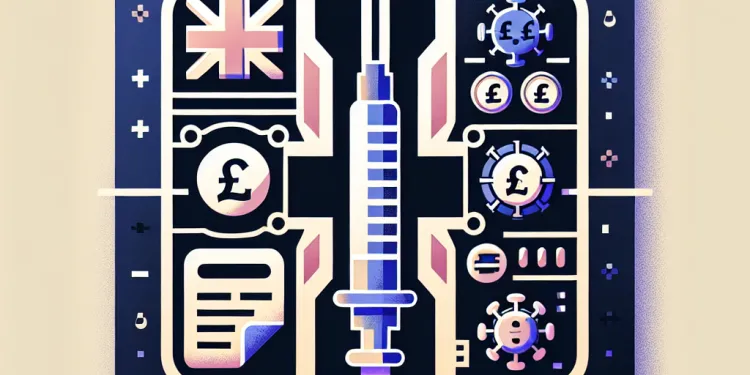
What are the different types of vaccines?
Relevance: 39%
-
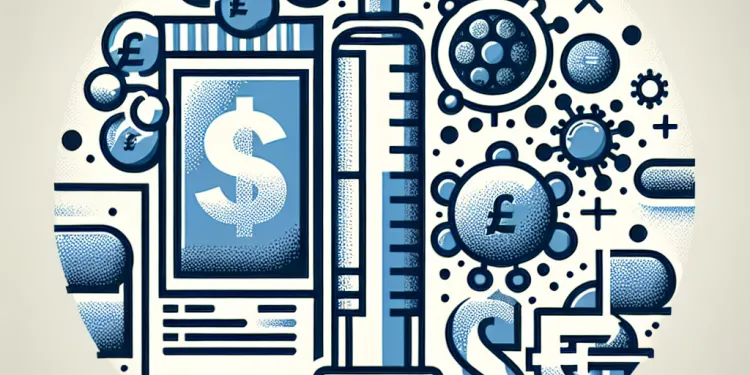
Is there a vaccine for gonorrhoea?
Relevance: 36%
-
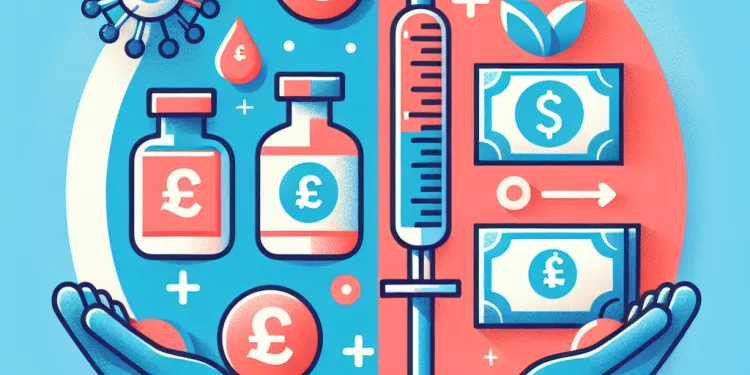
How effective is the flu vaccine?
Relevance: 35%
-
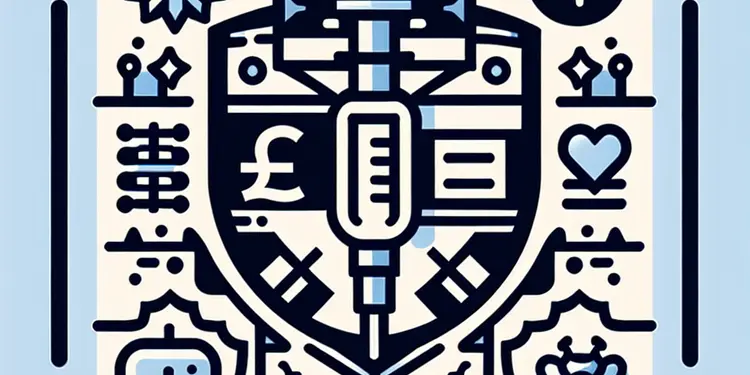
Are there vaccines for meningitis?
Relevance: 35%
-
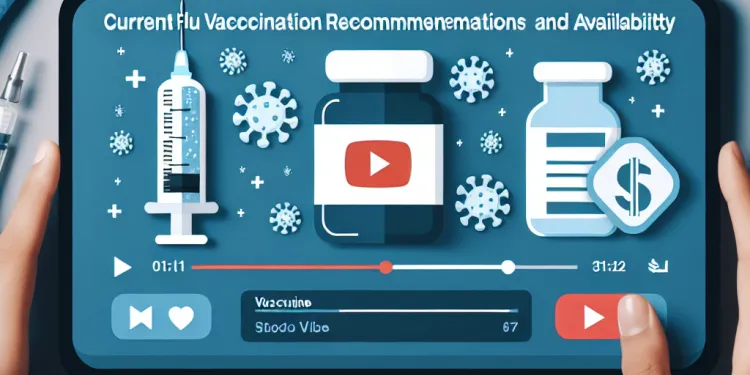
Current Flu Vaccination Recommendations and Availability
Relevance: 35%
-
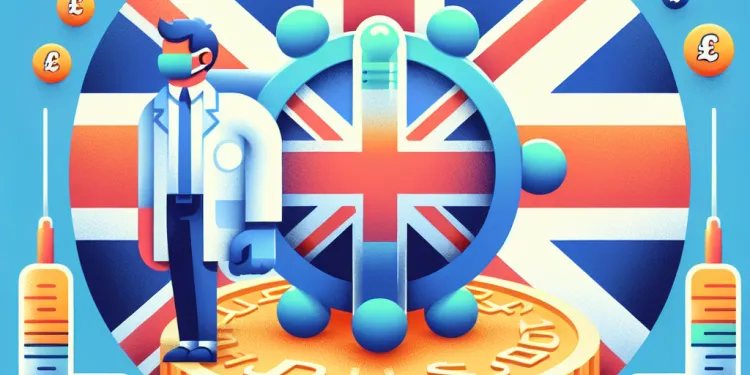
Who should get the flu vaccine in the UK?
Relevance: 34%
-
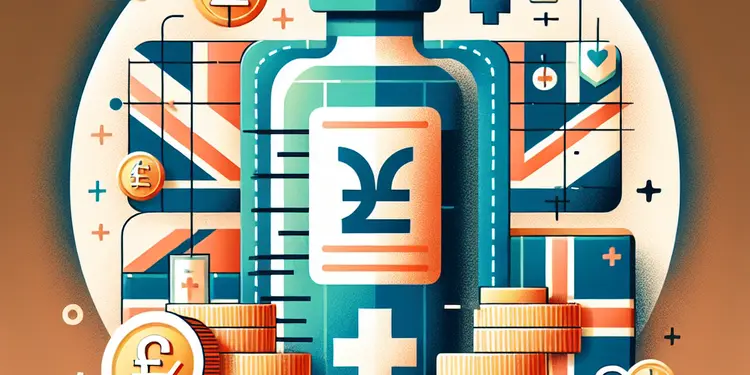
What is the MMR vaccine?
Relevance: 34%
-
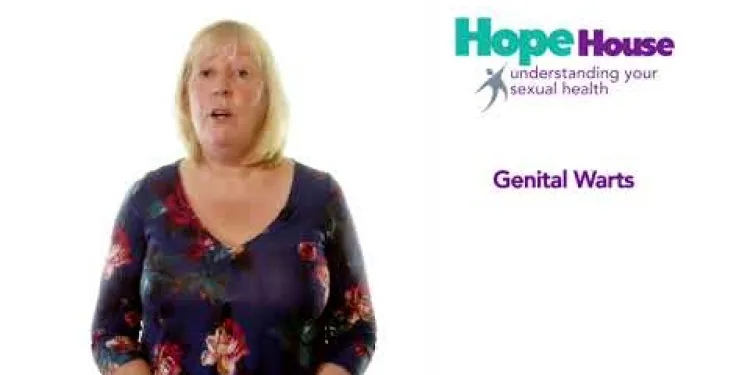
Understanding Your Sexual Health - Genital Warts
Relevance: 33%
-
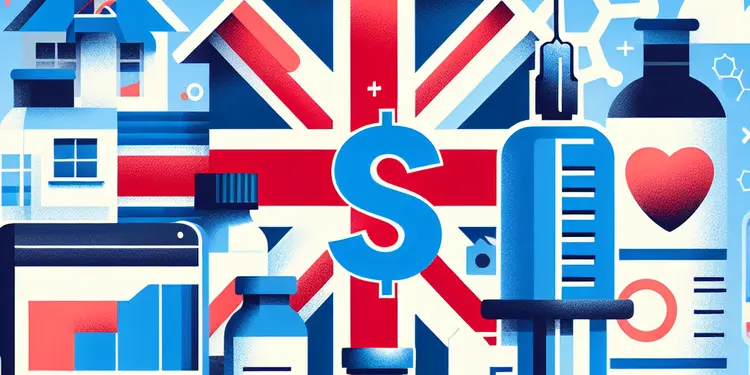
Can Super Flu be prevented by vaccines?
Relevance: 33%
-

Is there a vaccine for Marburg virus?
Relevance: 33%
-
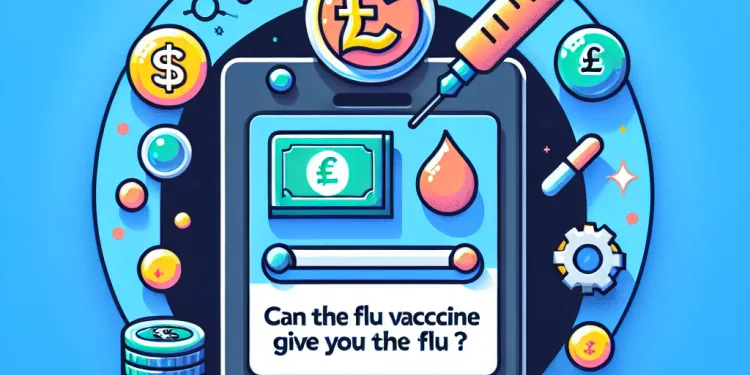
Can the flu vaccine give me the flu?
Relevance: 33%
-
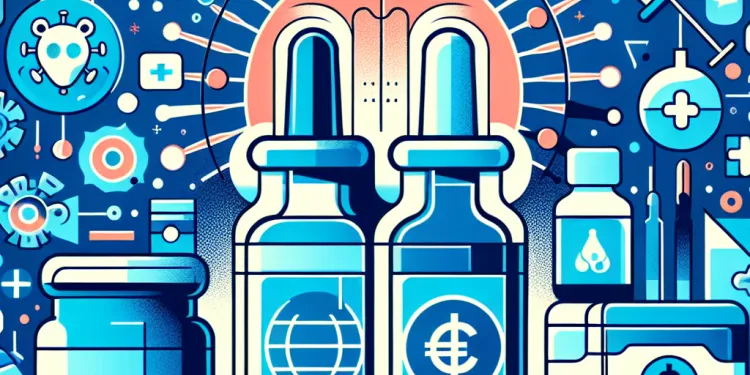
How effective is the MMR vaccine?
Relevance: 33%
-
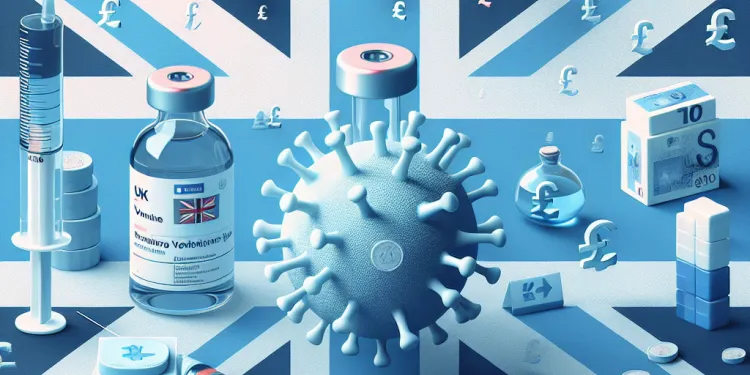
Is there a vaccine for norovirus?
Relevance: 33%
-

Can I still get the flu if I have been vaccinated?
Relevance: 33%
-
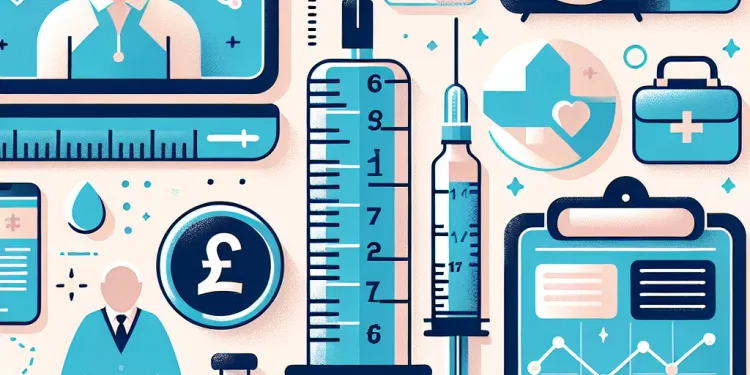
At what age should one get the shingles vaccine?
Relevance: 32%
What is the Year 8 HPV Vaccine? | NHS
Introduction to the HPV Vaccine
The Human Papillomavirus (HPV) vaccine is a crucial immunization offered by the National Health Service (NHS) in the United Kingdom. Targeted primarily at young adolescents, the vaccine is typically administered to students in Year 8, who are around 12 to 13 years old. This vaccine plays a vital role in protecting against the HPV virus, which can lead to several types of cancers and other illnesses later in life.Why is the HPV Vaccine Important?
HPV is a group of viruses that affect the skin and moist membranes lining the body, such as the mouth, throat, genital area, and anus. Certain strains of HPV are high-risk and can cause cancers including cervical, anal, and throat cancers. The HPV vaccine helps prevent infection from these high-risk strains, thereby significantly reducing the risk of developing associated cancers.Who Should Receive the HPV Vaccine?
In the UK, the HPV vaccine is routinely offered to both boys and girls in Year 8. This approach ensures that they receive the vaccine prior to any potential exposure to the virus through intimate or sexual contact. By vaccinating at this age, the NHS aims to provide immunity before individuals become sexually active, maximizing the vaccine’s protective benefits.Vaccine Dosage and Administration
The HPV vaccination is usually given as two injections over a period of 6 to 12 months. Both doses are necessary to ensure comprehensive protection against the virus. The injections are typically administered in the upper arm by a qualified healthcare professional, either at school or a local healthcare facility.Safety and Side Effects
The HPV vaccine used in the UK is thoroughly tested and monitored for safety. Most side effects are mild and temporary, such as soreness or redness at the injection site, headaches, or a slight fever. Serious side effects are extremely rare, and the benefits of vaccination far outweigh any potential risks.Conclusion
By providing the HPV vaccine to Year 8 students, the NHS aims to protect the younger population from the harmful effects of HPV, including various types of cancer. The vaccine is a safe and effective measure to promote long-term health, making it an essential part of the NHS vaccination programme. For more information, parents and guardians are encouraged to speak with their child's healthcare provider.What is the Year 8 HPV Vaccine? | NHS
Introduction to the HPV Vaccine
The HPV vaccine helps keep kids healthy. It stops the HPV virus that can make people very sick later. In the UK, children in Year 8, who are 12 or 13, get this vaccine from the NHS. It helps stop some types of cancer and other illnesses.Why is the HPV Vaccine Important?
HPV is a virus that can live on the skin. It can also be in places like the mouth, throat, and private parts. Some types of HPV can cause serious illnesses like cancer. The vaccine protects against these bad types of HPV. It helps stop these cancers from happening in the future.Who Should Receive the HPV Vaccine?
In the UK, both boys and girls in Year 8 get the HPV vaccine. They get it before they start having close contact with others. This means they are protected before they might catch the virus. Getting the vaccine young means it works better.Vaccine Dosage and Administration
The HPV vaccine is given in two injections. These shots happen over 6 to 12 months. Both shots are important to stay protected. A doctor or nurse gives the shot in the upper arm. This can be done at school or at a clinic.Safety and Side Effects
The HPV vaccine is safe. It's checked a lot before being used. Some kids might feel a little pain or redness where the shot goes in. They might get a headache or a small fever, but these don't last long. Serious problems are very rare. The good things about the vaccine are much more than the little risks.Conclusion
Giving the HPV vaccine to Year 8 students helps stop HPV from making them sick later in life. It keeps them safe from some types of cancer. The NHS vaccine program is about keeping kids healthy for a long time. Parents can ask their child's doctor if they have questions.Frequently Asked Questions
What is the HPV vaccine?
The HPV vaccine protects against human papillomavirus (HPV), which can lead to different types of cancers such as cervical cancer, as well as genital warts.
At what age is the HPV vaccine given?
In the UK, the HPV vaccine is typically given to children in year 8, which means they are usually around 12 to 13 years old.
How is the HPV vaccine administered?
The HPV vaccine is given as an injection, usually in the upper arm.
How many doses of the HPV vaccine are needed?
The HPV vaccine is given as a series of two doses, with the second dose administered 6 to 12 months after the first dose.
Is the HPV vaccine mandatory?
The HPV vaccine is not mandatory but is highly recommended to protect against certain cancers and genital warts.
Are there any side effects of the HPV vaccine?
Side effects are generally mild and can include soreness at the injection site, fever, and fatigue. Serious side effects are very rare.
Who is eligible for the HPV vaccine?
The HPV vaccine is offered to all children in year 8 in the UK, regardless of gender.
Why is it important to get the HPV vaccine?
The HPV vaccine helps protect against infections caused by HPV that can lead to cervical and other cancers, as well as genital warts.
Can the HPV vaccine be given to older children or adults?
The HPV vaccine is most effective when given before exposure to HPV, usually during early adolescence. However, it can still be given to older individuals if they have not yet received it.
What types of cancers can the HPV vaccine prevent?
The HPV vaccine can prevent cervical, anal, genital, and some types of head and neck cancers.
Do boys need the HPV vaccine?
Yes, boys are also recommended to receive the HPV vaccine to protect against cancers and genital warts caused by HPV.
How effective is the HPV vaccine?
The HPV vaccine has been shown to be highly effective in preventing infections with the types of HPV it covers when administered before individuals are exposed to the virus.
Is the HPV vaccine safe?
Yes, the HPV vaccine has been thoroughly tested and monitored for safety. It has been shown to be safe with only minor and short-term side effects for most people.
Can the HPV vaccine treat existing HPV infections?
No, the HPV vaccine cannot treat existing HPV infections. It is designed to prevent new infections.
Where can I get more information about the HPV vaccine?
You can get more information about the HPV vaccine from the NHS website, your GP, or local health services.
What is the HPV vaccine?
The HPV vaccine is a special medicine. It protects your body from a virus called HPV. This virus can make you sick. The vaccine helps keep you healthy. To understand better, you can: - Ask a friend or family member for help. - Watch a video about the HPV vaccine. - Use pictures and charts about the vaccine.The HPV vaccine is a medicine that keeps you safe from HPV. HPV can make you very sick. It can cause some cancers, like cancer of the cervix, and also cause lumps called genital warts.
If you need help reading, you can ask an adult to help you, use audiobooks, or watch educational videos.
When do you get the HPV vaccine?
The HPV vaccine is a medicine that helps stop some cancers. Kids usually get it when they are around 11 or 12 years old. Talk to your doctor or nurse about it.
To help understand better, you can:
- Ask a grown-up or caregiver to read with you.
- Use pictures or videos about the vaccine.
- Ask questions if you don't understand.
In the UK, kids usually get the HPV vaccine in year 8. This means they are about 12 or 13 years old.
How do you get the HPV vaccine?
You get the HPV vaccine as a shot in your arm. You may need to get it more than once. A nurse or doctor will give you the shot.
If you are nervous about shots, try to stay calm and take deep breaths. You can bring someone with you for support. You can also ask the nurse or doctor any questions you have.
The HPV vaccine is a shot. It goes into your upper arm.
How many shots of the HPV vaccine do you need?
The HPV vaccine helps stop you from getting sick. Most people need 2 or 3 shots of this vaccine.
Ask your doctor how many shots you need. They can help you stay healthy.
You can use a calendar to remember when you need your shots. You can also ask someone you trust to help you remember.
The HPV vaccine is given in two shots. You get the second shot 6 to 12 months after the first shot.
Do you have to get the HPV shot?
The HPV vaccine is not something you have to get, but doctors really think it's a good idea. It helps stop some cancers and genital warts.
Does the HPV vaccine cause any problems?
The HPV vaccine is safe for most people. Sometimes it can cause mild problems. Here are some things you might feel:
- Your arm might hurt where you got the shot.
- You might feel a little tired or have a headache.
- Sometimes you might have a sore arm, a slight fever, or feel dizzy.
If you have any worries, speak to an adult or a doctor.
Here are some tools to help you understand:
- Ask someone to read this with you.
- Use pictures or videos to help explain.
Side effects are usually not serious. You might feel a sore arm where you got the shot. You could also have a fever or feel very tired. Serious side effects do not happen often.
Who can get the HPV vaccine?
The HPV vaccine is for girls and boys. It helps to stop some cancers later. Kids can get it free.
Here’s when you can get the vaccine:
- At about 11 or 12 years old
- Sometimes older kids and adults can get it too
If you have questions, ask a doctor or nurse.
Help for reading:
- Use simple words or read with someone you trust.
- Use pictures to help understand.
The HPV vaccine is given to all children in year 8 in the UK. Both boys and girls get it.
Here are some tools and ideas that might help: - **Read out loud:** Hearing the words can make them easier to understand. - **Ask someone to help:** A friend, family member or teacher can help explain. - **Look at pictures:** Sometimes a picture can make things clearer. - **Break it down:** Take each bit one at a time. It’s easier to understand when it's smaller parts.Why should you get the HPV vaccine?
The HPV vaccine is important because it helps protect you from some types of cancer and other illnesses. The vaccine can stop the HPV virus from making you sick.
Talk to a doctor or nurse to learn more about the vaccine. They can answer any questions you have.
It’s a good idea to get the vaccine when you are young to make sure you are protected.
You can ask a parent, friend, or doctor to help you read more about the HPV vaccine.
The HPV vaccine helps keep you safe from HPV. HPV can cause cervical cancer, other types of cancer, and genital warts.
Can older kids or grown-ups get the HPV shot?
Yes, older kids and adults can get the HPV shot. The HPV shot helps keep you safe from some types of cancer. ### What is HPV? HPV is a virus that can make you sick. ### Who can get the shot? - **Kids:** You can get the shot starting at age 9. - **Teens and Adults:** People up to age 45 can also get it. ### Helpful Tips - **Ask the Doctor:** Talk to your doctor if you're not sure. - **Write it Down:** Keep track of your shots in a notebook. Getting the HPV shot is a good way to stay healthy!The HPV vaccine works best when you get it before coming into contact with HPV. This usually happens when you are a young teenager. But don't worry! You can still get the vaccine if you are older and haven't had it yet.
What cancers can the HPV vaccine stop?
The HPV vaccine helps stop some cancers. It can help with:
- Cervical cancer (cancer in the lower part of the uterus)
- Some mouth and throat cancers
- Some cancers in the genital area
Use these tips to learn more about the HPV vaccine:
- Ask a doctor or nurse questions.
- Look at pictures or drawings to help understand.
- Watch videos made for kids about health.
The HPV vaccine helps stop cancer in places like the cervix, anus, private parts, and some spots on the head and neck.
Do boys need the HPV vaccine?
Boys should get the HPV vaccine. It helps keep them healthy. The vaccine stops a virus called HPV.
HPV can make people sick. It can cause things like warts and some kinds of cancer.
Getting the vaccine can stop boys from getting HPV. It can also help stop them from spreading it to others.
It is important to talk to a doctor or nurse. They can give more information about the vaccine.
Tools that can help: Pictures or videos about the vaccine can make it easier to understand. Ask a friend or family member to help explain.
Yes, boys should get the HPV shot too. This shot helps protect them from cancers and warts that can happen because of HPV.
How well does the HPV vaccine work?
The HPV vaccine helps protect you from a virus that can make you sick. It works very well to keep you healthy.
If you have questions or if reading is hard, ask a friend or an adult for help. You can also use an app or tool that reads text out loud.
The HPV vaccine works really well. It stops people from getting sick with certain types of HPV. But it's best if they get the vaccine before they catch the virus.
Is the HPV vaccine safe?
The HPV vaccine is safe to use. It helps stop people from getting sick with the HPV virus. Many doctors and scientists have checked it to make sure it is safe.
If you get the vaccine, your arm might feel sore, and you could feel tired or have a fever for a little while. These are normal and go away soon.
Talking to a doctor or nurse can help if you have questions. They can explain it more to you.
Using pictures or videos can help you understand better how the vaccine works. Ask someone you trust to help you learn more if you need it.
Yes, doctors have checked the HPV vaccine very carefully. They watch it closely to make sure it is safe.
Most people only get small side effects that do not last long.
If you want help reading, you can ask someone to read with you. You can also use tools that read the words out loud.
Can the HPV vaccine help if you already have HPV?
No, the HPV vaccine cannot cure HPV if you already have it. The vaccine stops you from getting HPV if you don’t have it yet.
Where can I learn more about the HPV vaccine?
You can learn more about the HPV vaccine by:
- Talking to a doctor or nurse.
- Visiting a local health clinic.
- Looking at trusted health websites.
- Asking a family member or friend to help you find information.
- Watching videos that explain the vaccine.
Using big, clear pictures and listening to audio can help you understand better.
You can find out more about the HPV vaccine by:
- Visiting the NHS website.
- Asking your local doctor (GP).
- Talking to local health services.
Useful Links
Have you found an error, or do you have a link or some information you would like to share? Please let us know using the form below.
-->
This website offers general information and is not a substitute for professional advice.
Always seek guidance from qualified professionals.
If you have any medical concerns or need urgent help, contact a healthcare professional or emergency services immediately.
Some of this content was generated with AI assistance. We’ve done our best to keep it accurate, helpful, and human-friendly.
- Ergsy carfully checks the information in the videos we provide here.
- Videos shown by Youtube after a video has completed, have NOT been reviewed by ERGSY.
- To view, click the arrow in centre of video.
- Most of the videos you find here will have subtitles and/or closed captions available.
- You may need to turn these on, and choose your preferred language.
- Go to the video you'd like to watch.
- If closed captions (CC) are available, settings will be visible on the bottom right of the video player.
- To turn on Captions, click settings .
- To turn off Captions, click settings again.
More Items From Ergsy search
-

What is the year 8 HPV vaccine? | NHS
Relevance: 100%
-

Do men need the HPV vaccine?
Relevance: 77%
-

Who should get the HPV vaccine?
Relevance: 76%
-

Surge in HPV Vaccination Rates Among Young Women in the UK
Relevance: 73%
-

Can HPV be treated?
Relevance: 64%
-

Is there a vaccine for HPV?
Relevance: 63%
-

What is the HPV Virus?
Relevance: 63%
-

Can HPV lead to cancer?
Relevance: 62%
-

How common is HPV?
Relevance: 61%
-

How can HPV be prevented?
Relevance: 61%
-

HPV - My Story | NHS
Relevance: 61%
-

Can HPV go away on its own?
Relevance: 60%
-

What age group is most at risk for HPV?
Relevance: 60%
-

How is HPV transmitted?
Relevance: 60%
-

Can HPV affect both men and women?
Relevance: 58%
-

What is the link between HPV and cervical cancer?
Relevance: 56%
-

What health problems can HPV cause?
Relevance: 54%
-

Can using condoms fully protect against HPV?
Relevance: 52%
-

Are there symptoms of an HPV infection?
Relevance: 52%
-

Is HPV testing available?
Relevance: 50%
-

If I had the flu vaccine last year, do I need to get it again this year?
Relevance: 47%
-

Children's Vaccination Schedule
Relevance: 46%
-

What is a subunit vaccine?
Relevance: 41%
-

How many types of HPV are there?
Relevance: 40%
-

Is there a vaccine for H3N2?
Relevance: 39%
-

What are the different types of vaccines?
Relevance: 39%
-

Is there a vaccine for gonorrhoea?
Relevance: 36%
-

How effective is the flu vaccine?
Relevance: 35%
-

Are there vaccines for meningitis?
Relevance: 35%
-

Current Flu Vaccination Recommendations and Availability
Relevance: 35%
-

Who should get the flu vaccine in the UK?
Relevance: 34%
-

What is the MMR vaccine?
Relevance: 34%
-

Understanding Your Sexual Health - Genital Warts
Relevance: 33%
-

Can Super Flu be prevented by vaccines?
Relevance: 33%
-

Is there a vaccine for Marburg virus?
Relevance: 33%
-

Can the flu vaccine give me the flu?
Relevance: 33%
-

How effective is the MMR vaccine?
Relevance: 33%
-

Is there a vaccine for norovirus?
Relevance: 33%
-

Can I still get the flu if I have been vaccinated?
Relevance: 33%
-

At what age should one get the shingles vaccine?
Relevance: 32%


